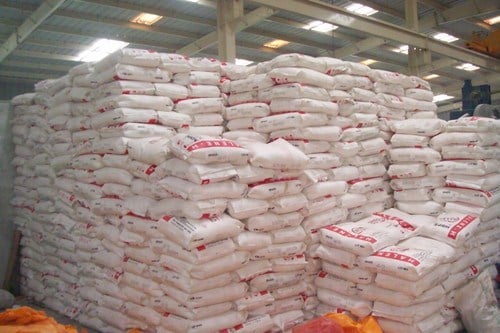Speaking in an interview with Bloomberg on Tuesday, Aminu Umar-Sadiq, managing director and chief executive officer of the NSIA, said the fund has repositioned its ‘Future Generations Fund’ to favour defensive and growth assets while scaling back exposure to United States (US) equities.
The interest in the Asian and European markets, Umar-Sadiq said, is a strategic realignment of the authority’s investment portfolio amid global market volatility and rising fiscal uncertainties in the US.
“At the end of last year, valuation levels were high, so we pivoted to cash,” Umar-Sadiq said.
“That allowed us to move away from alternatives into defensive assets like investment-grade corporate bonds, and we increased our exposure to Japan, Australia, and Europe within our long-only developed markets portfolio.”
The managing director clarified that the pivot away from US-focused assets was purely an investment decision rather than a response to political developments or the new American administration.
“We had no political considerations. It was important to diversify and build a more robust portfolio even as the US markets remained buoyant,” he added.
The NSIA manages Nigeria’s sovereign wealth fund and operates three ring-fenced portfolios: the stabilisation fund, the future generations fund, and the Nigeria infrastructure fund.
The Petroleum Industry Act also supports the agency’s operations, enabling asset augmentation when oil prices rise above $50 per barrel.
“Inflows to the fund vary with oil prices, and that influences our investment capacity,” Umar-Sadiq noted.
Looking ahead, Umar-Sadiq said the NSIA is focused on major domestic and continental initiatives, stressing the importance of mobilising local capital, particularly from pension funds, for infrastructure financing on the continent.
“When you look at the size of local pension funds relative to our infrastructure gap, it becomes clear that this is the kind of capital we need to mobilise,” he said.
The managing director said the agency is “targeting between $1.5 billion and $2 billion by year-end from the collaborative efforts of at least 15 African sovereign wealth funds”.











